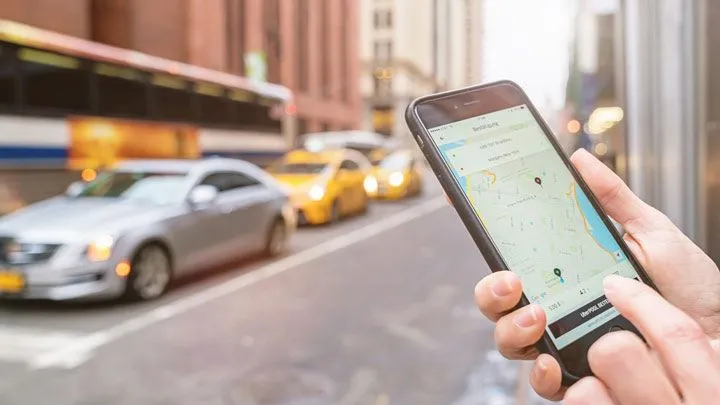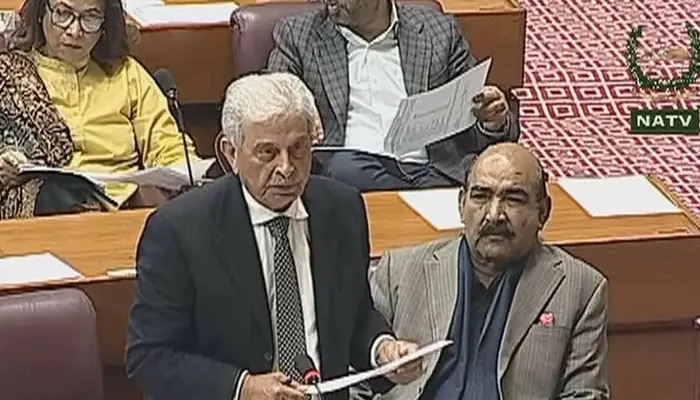Ride-Hailing Apps Strive To Survive as Fuel Prices Go Up

In Pakistan, a ride-hailing app is trying to keep its business going by re-categorizing its customers. This is because rising fuel prices and stiff competition are changing the way the business works.
Imran Saleem, the general manager of Careem, told that as prices have gone up, customers’ tastes have changed. Many of them now prefer cheaper ways to get around, like cars or bikes.
“We are looking for new ways to keep our captains interested in Pakistan.” “One way is to work with corporations and other businesses to help people move between cities,” he said.
“We’re also trying to get more women to ride bikes for us so that we can offer our services to women travelers at much lower prices. This will help create a workforce that includes women and break down stereotypes in society.”
In the six years that the company has been in Pakistan, its captains have been paid $500 million, or half a billion dollars. Its management said that about 820,000 of the 2.5 million captains in the area have signed up for the app.
“Since we are a tech company, we have already added more services in Pakistan, but ride-hailing services are still our main source of income,” said Saleem.
In 2016, the ride-hailing apps Uber Technologies, based in California, and Careem, based in Dubai, came to Pakistan with their smart services. They were met with a lot of interest from people in major cities because they offered cheap and environmentally friendly ways to get around.
Because of the strong competition between them, the apps moved into second-tier cities and added more services.
But in January 2020, right before Covid-19 spread around the world, Uber bought Careem networks for $3.1 billion and made it a wholly owned subsidiary of Uber Technologies.
Since then, Uber has limited its ride-hailing services in Lahore, the city in Pakistan where it started its business. Careem, on the other hand, has services in 10 other cities.
Saleem said that since 2020, when Careem changed from a ride-hailing app to a “super app,” it has added more services to its list.
“We did shut down some of the services we started during Covid, but ride-hailing services are still our main business,” he said.
“The company is making money right now, but this was made possible by reclassifying our services. We will look for more opportunities like this because we are here to stay.”















